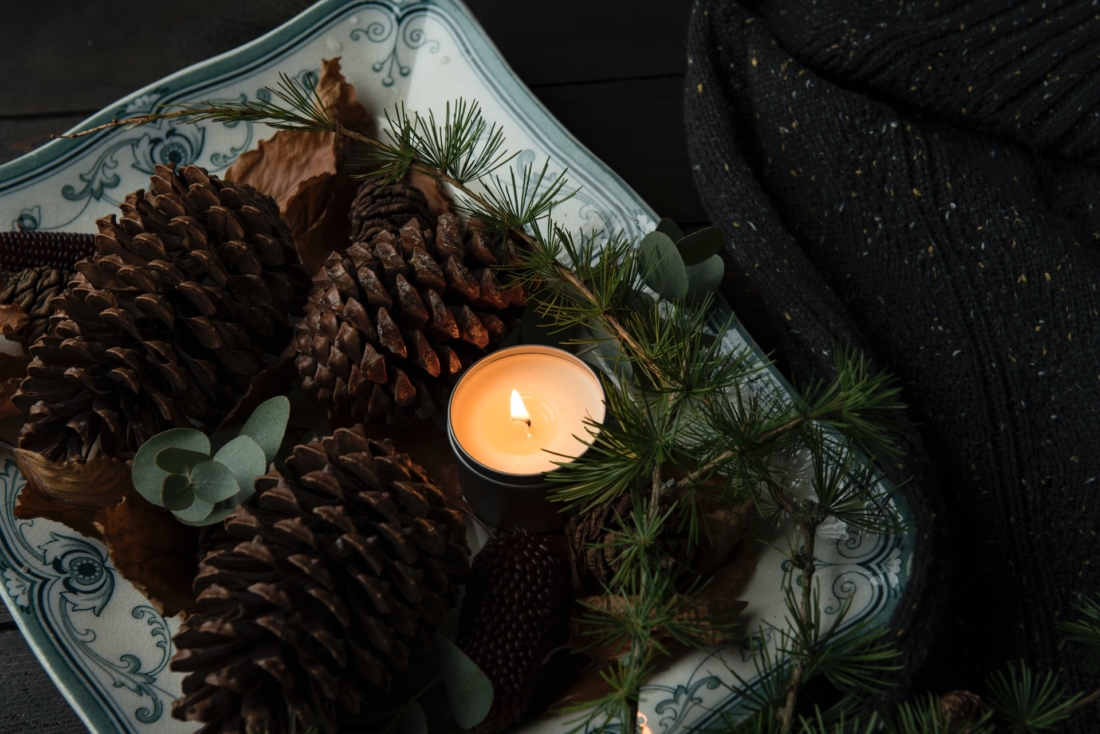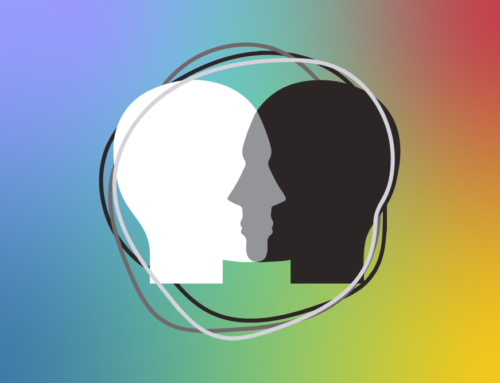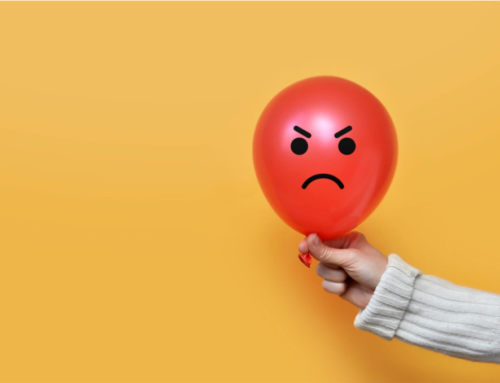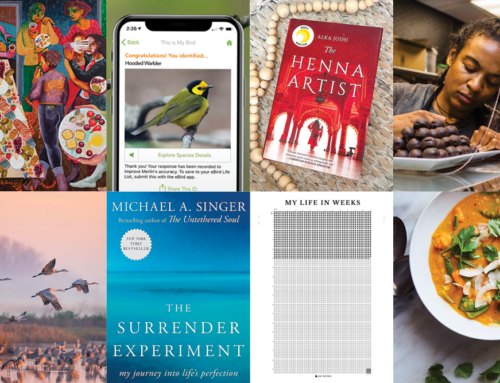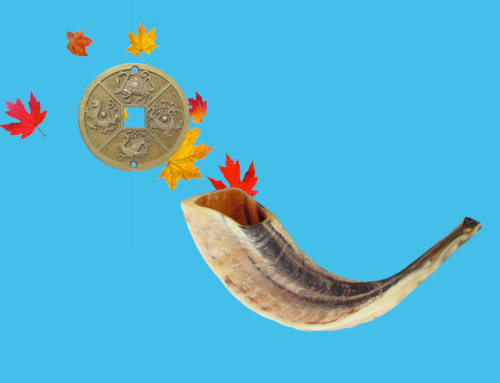Photo by Joanna Kosinska on Unsplash
On Tuesday, December 21st, those of us in the Northern Hemisphere will experience the shortest day and the longest night of the year, known as the Winter Solstice. It is also the first day of winter and the day that has the most Yin energy.
Such seasonal shifts are important in Traditional Chinese Medicine (TCM), as the seasons affect us in mind, body and spirit. Yin being the dark, cold, inward, feminine aspect as opposed to Yang’s bright, warm, energetic masculine energy. These two energies are constantly at play and are at the basis of Chinese Medicine with its concept of duality, in which seemingly opposite forces are actually interwoven in the fabric of life.
![]()

How Will the Winter Solstice Affect You?
- You may feel more reflective.
- You may feel more in touch with nature.
- You may notice a shift in mood, i.e. feeling “blah” or blue.
- You may have trouble sleeping.
- You may feel more creative.
And if lately you’ve been feeling down or depressed, it is possible you’ve been experiencing Seasonal Affective Disorder (SAD), which affects 10% of the population. As the days have been getting shorter and shorter, we’ve been entering the time of the year in which we receive less sunlight, which in turn impacts our serotonin (mood), circadian rhythm and melatonin (sleep and mood).
Heading Towards the Light
While the Winter Solstice may mark the beginning of winter, it actually can be seen as the “midwinter” point. It is the peak of darkness and from here, it is a gradual ascendance of light as we head towards spring and summer. So there is indeed light at the end of the tunnel! In fact, the highly revered Dōngzhì (Winter Solstice) Festival observed by the Chinese, Taiwanese, Japanese, Korean, and Vietnamese people is a celebration of the impending light that is on its way. However, we still have a ways to go until the warmth of spring and we’re not quite there yet. To get you through the months ahead, here are some suggestions to consider:
Maximize your time in the sun. Whether it means getting outside during the work day or keeping the blinds open to let the sunlight in, try to get as much sunlight as you can.
Stick to a regular sleep schedule. Go to sleep and wake up at reasonable hours, and resist the urge to hibernate.
Exercise. Exercise has been shown to be helpful in treating mild to moderate depression and anxiety. Additionally, exercise is known to benefit sleep.
Get acupuncture. Allow acupuncture to help fill in the gaps to help with mood, sleep, digestion, headaches, and more.
Sources:
“Be Well This Winter Solstice.“ Wellbeing Trust.
Mao, Janice. “Winter Solstice: The Ultimate Yin.” Double Happiness Health.
Yee, Kaylyn. “The Dongzhi Festival is Asia’s Most Beautiful Winter Solstice Celebration.” Matador Network.
